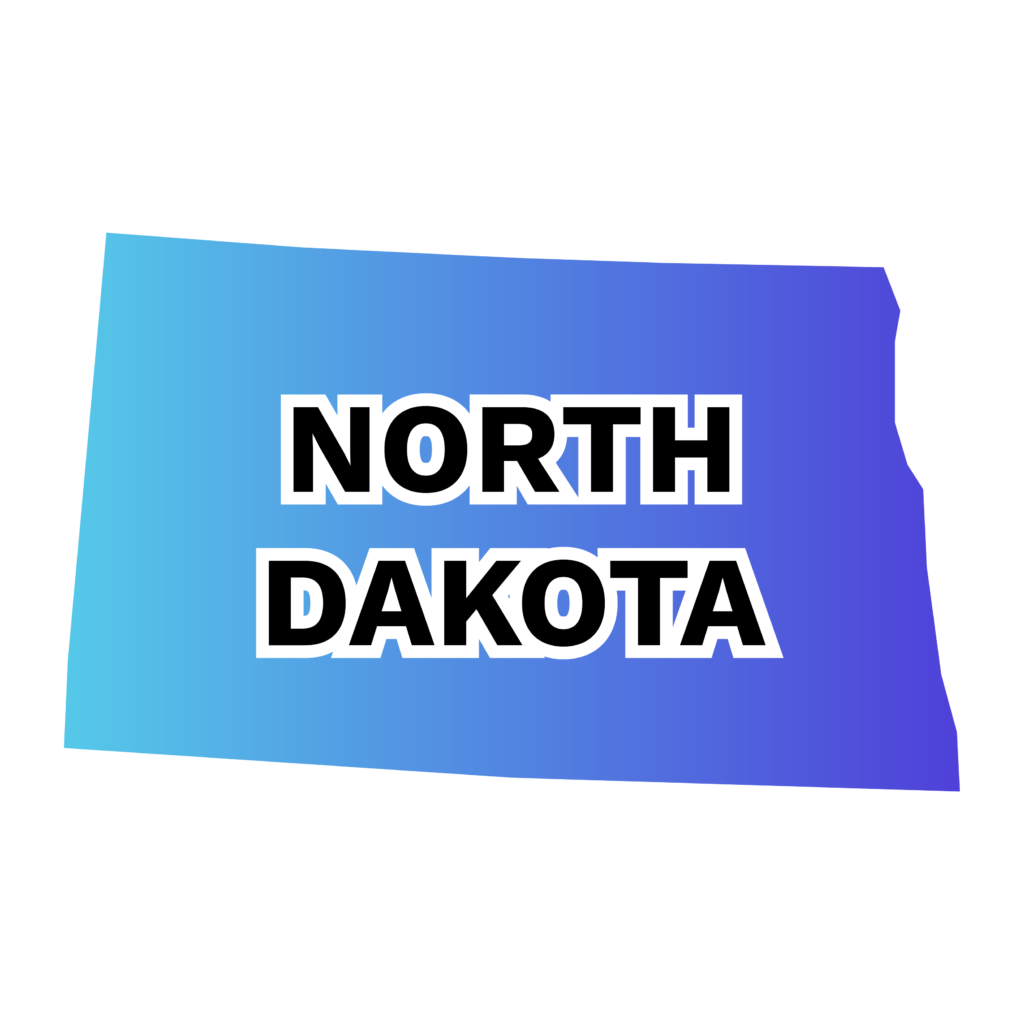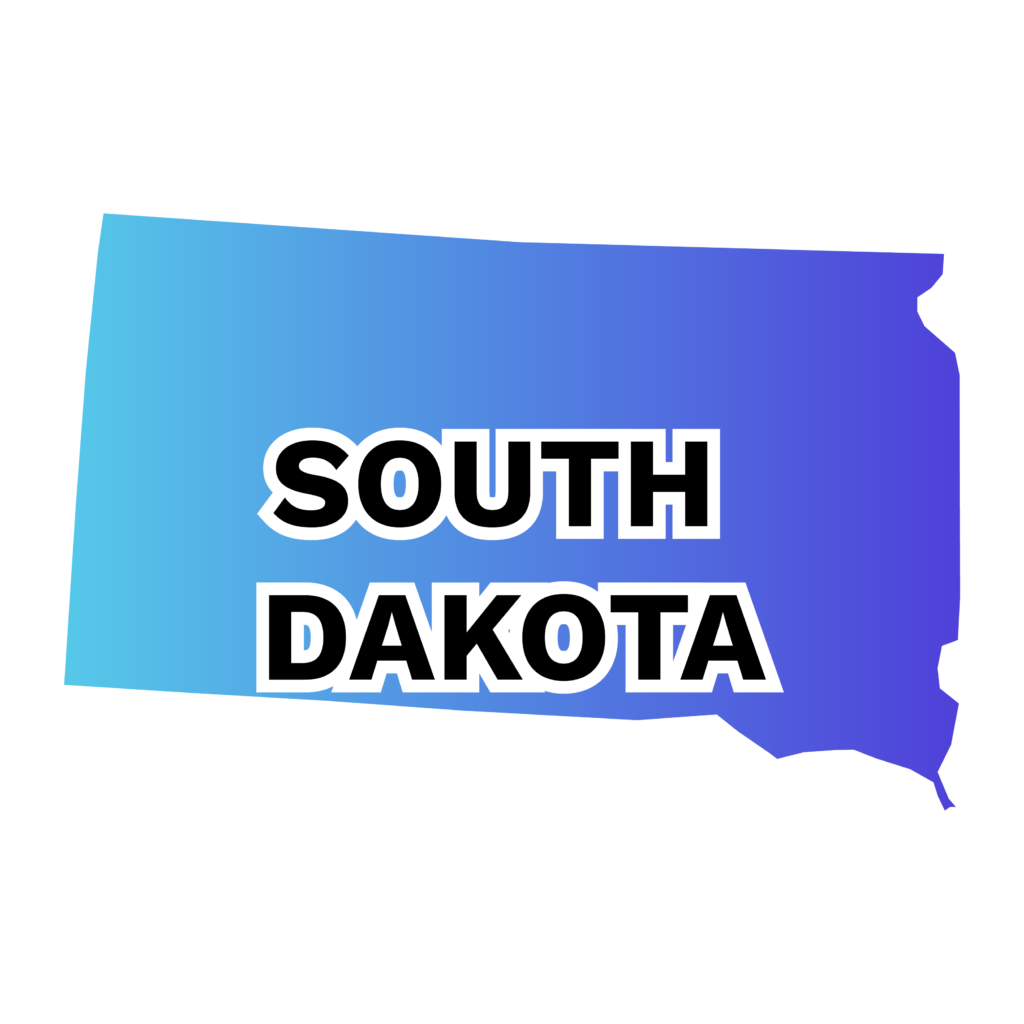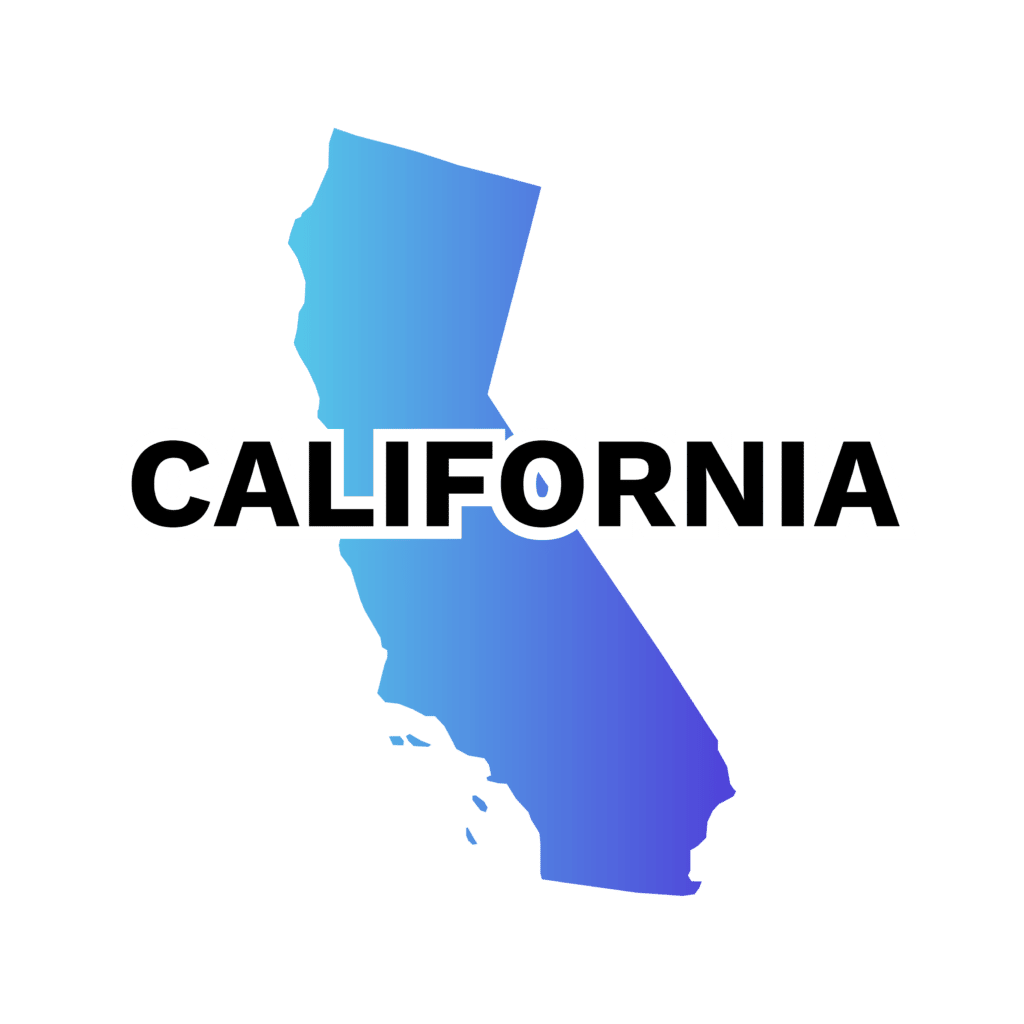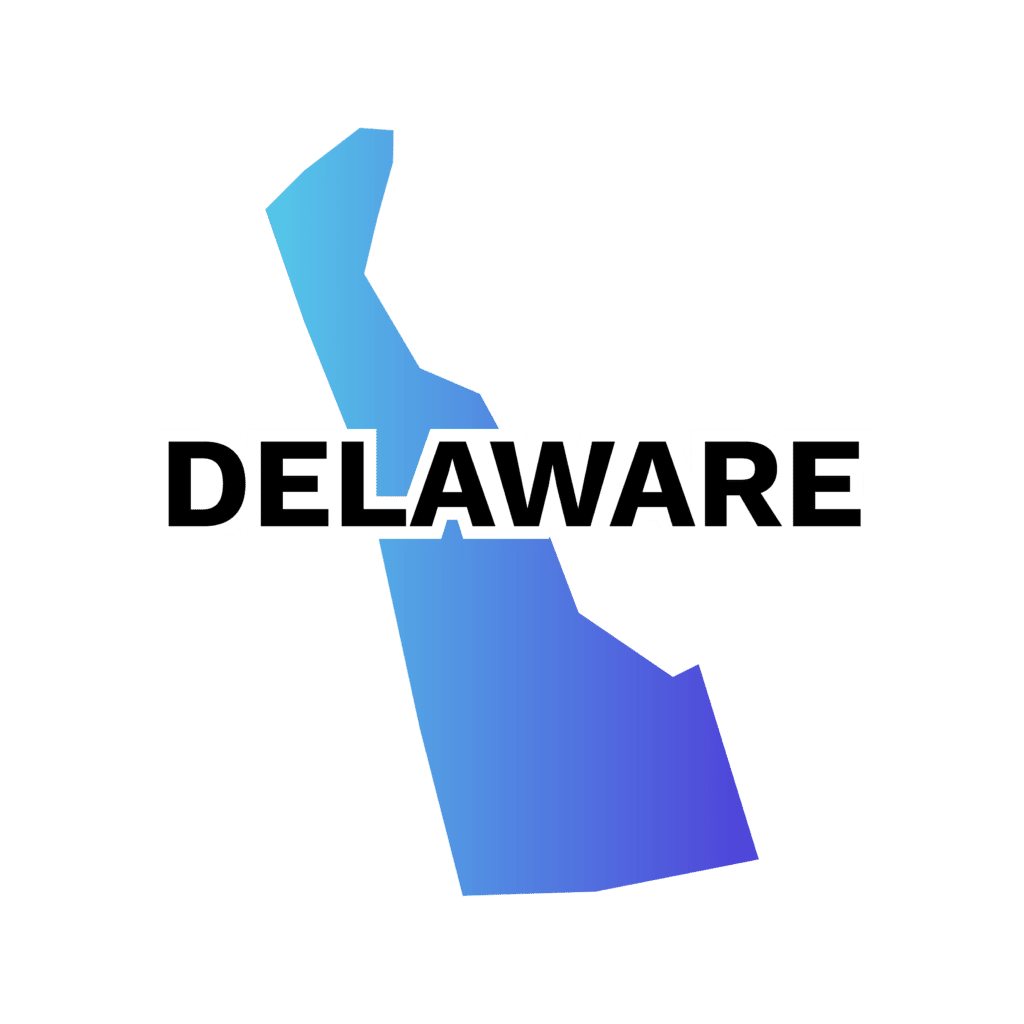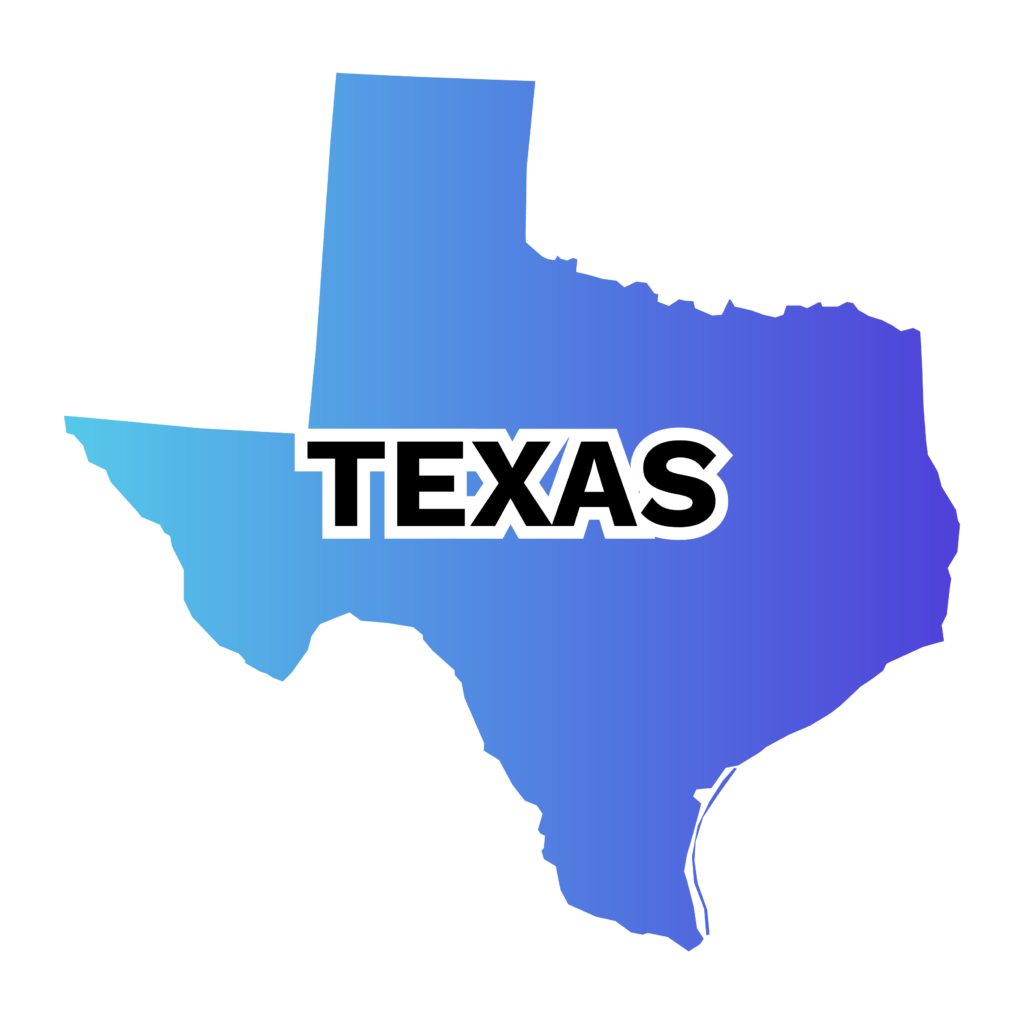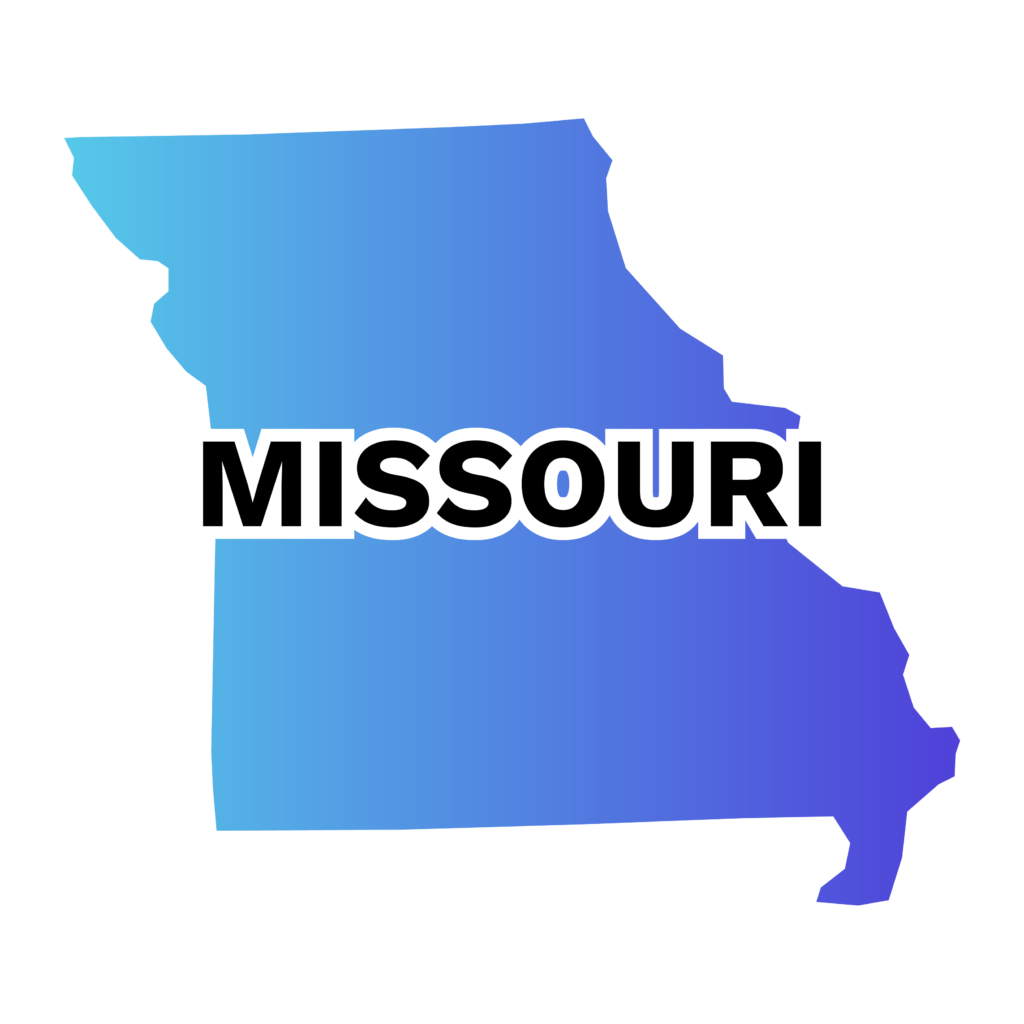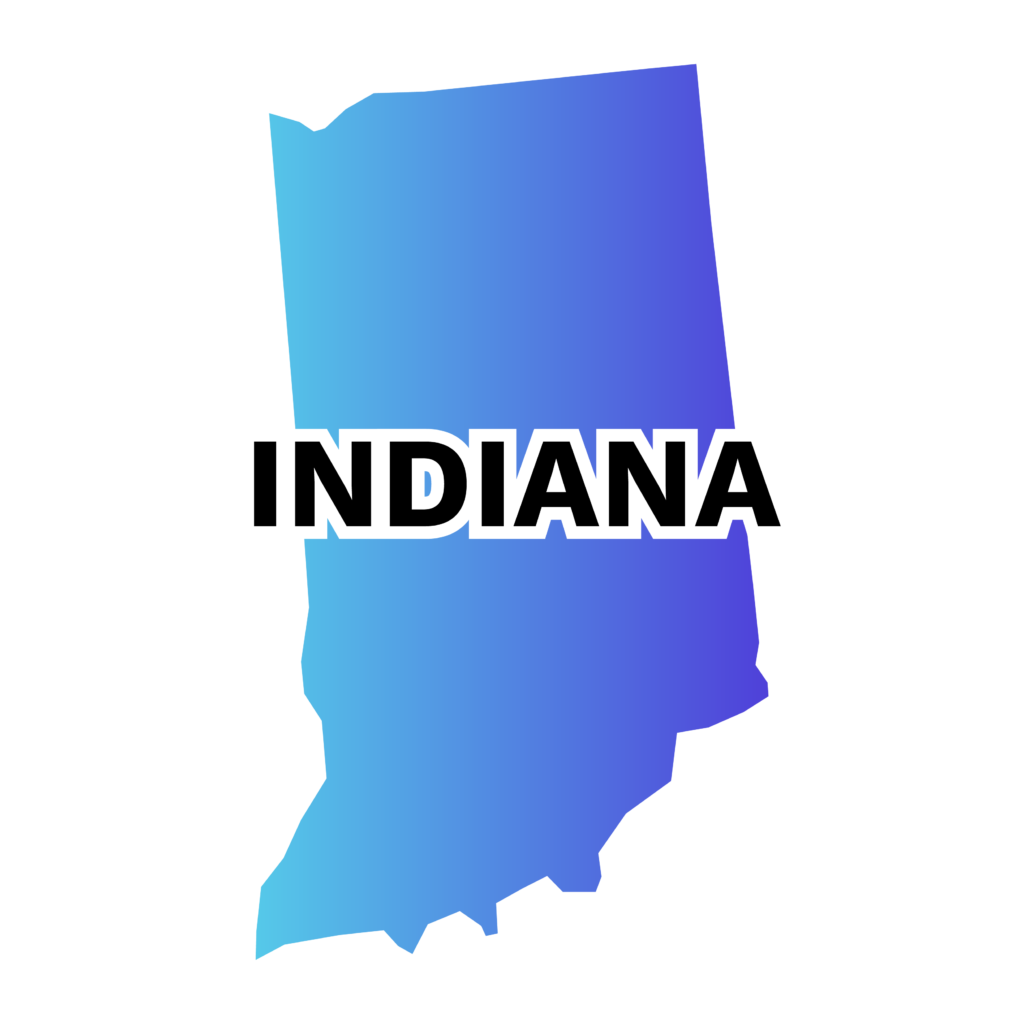The path to becoming a Certified Public Accountant (CPA) in Oregon reflects a dynamic intersection of rigorous academic standards and evolving professional competencies. The accounting profession is undergoing significant transformations, adapting to new skill sets and technologies that are increasingly relevant in today’s financial world.
As highlighted by The CPA Journal, “The recent CPA Evolution Project represents the accounting profession’s attempt to transform the CPA licensure model to fit the skills and competencies that new CPAs will require today and in the future. It marks the most significant change to the Uniform CPA Examination in many years”.
In Oregon, aspiring CPAs must navigate these changes as they prepare for an exam that now more accurately mirrors the current and future demands of the profession. This article will delve into the specific requirements and processes for CPA licensure in Oregon, considering the recent changes in the CPA exam and the broader context of the profession’s ongoing evolution.
Oregon CPA Licensure General Requirements
Like all other states, Oregon requires 150 credit hours for licensure. They also require one year of qualifying work experience to obtain a CPA license. The work experience requirements are more lenient than most states and allow qualifying part-time work, which can be signed off by a CPA or a chartered accountant if they are from Canada, Mexico, or Ireland.
There are two levels of qualifications for accountants in Oregon. They are the CPA (Certified Public Accountant) and the PA (Public Accountant). The requirements for both of these are quite different, so be careful to choose the correct one.
To be eligible to sit for the CPA exam, students must first fulfill these qualifications and requirements:
- Minimum age: None
- U.S. Residency NOT required
- State Residency NOT required
Education Requirements
- 4-year bachelor’s degree or higher
- Fulfill 150 credit hours that include 24 semester credits of accounting courses and 24 semester credits of additional accounting or business courses.
A lesser-known but crucial component of the Oregon CPA licensure process is the completion of a Written Narrative. This requirement often comes as a surprise to many candidates, as one Reddit user candidly shared their experience: “I hadn’t realized this was a requirement… Trying to recall [work experiences] years later is not easy.” This narrative is a detailed document that candidates must prepare, demonstrating how their work experience aligns with the seven competencies outlined by the Oregon Board of Accountancy.
Work Experience
- 1 year of accounting experience supervised by a CPA or CPA equivalent
- CPA equivalent can be a licensed Oregon PA or a licensed Chartered Accountant from the countries of Canada, Mexico, or Ireland
- Verifying CPA must hold an active license for a minimum of 5 years prior to the period of supervision
- Qualifying part-time experience can be counted, but must be at least 20 hours per week.
Ethics Exam
- Passing of the AICPA ethics exam
- Cost of course is $299 or $245 for AICPA or CIMA members
Steps to Get a CPA License in Oregon
- Pass all 4 sections of the CPA exam with a score of 75% or higher
- Complete verified accounting work experience
- Pass AICPA Ethics Exam
- Fill out and submit all required CPA license application paperwork
- Pay the CPA license application fee
Oregon CPA Exam Fees
The cost to take all four sections of the CPA exam in Oregon is $1,379.20 ($344.80 per section) plus the initial $90 education evaluation application fee. The re-examination registration fee varies depending on the number of sections you are signing up.
| Auditing and Attestation (AUD) | $344.80 |
| Business Environment and Concepts (BEC) | $344.80 |
| Financial Accounting and Reporting (FAR) | $344.80 |
| Regulation (REG) | $344.80 |
| Education Evaluation Fee | $90 |
**Important Note: You should not apply and pay for exam sections that will not be taken within six months because your Notice to Schedule (NTS) in Oregon expires 6 months after issuance.
CPA Exam Updates in Oregon With the Evolution Initiative
The CPA licensure process in Oregon is evolving significantly due to the CPA Evolution Initiative. This initiative is reshaping the CPA exam in 2024 to better align with the current and future demands of the accounting profession. The exam now includes a core section covering essential areas such as accounting, auditing, tax, and technology, along with discipline-specific sections for deeper expertise in specialized fields. There’s also a heightened focus on technology, with topics like data analytics and cybersecurity becoming more prominent, ensuring new CPAs are well-equipped for the digital era.
For CPA candidates in Oregon, these changes bring about new educational and preparation challenges. As the exam structure shifts to include more technology and real-world scenario-based questions, candidates must adapt their educational pathways and study strategies accordingly. This might involve enrolling in additional courses focused on technology and data analytics and emphasizing practical application skills in their exam preparation.
The CPA Evolution Initiative underscores the importance of continuous learning in the accounting profession, particularly in technology and specialized accounting areas. This ongoing professional development is crucial not just for passing the exam but also for long-term career success in the ever-evolving field of accounting. Aspiring CPAs in Oregon can stay informed about these changes and find resources for preparation through the AICPA and the Oregon Board of Accountancy, which offer detailed information and guidance on the updated CPA exam requirements.
Expert Tips to Become a CPA in Oregon
As a seasoned CPA, I’d like to offer some unique tips for those embarking on this challenging yet rewarding journey. Firstly, embrace the evolving landscape of accounting technology. Oregon, like many states, is aligning its CPA exam with the CPA Evolution Initiative, which places a strong emphasis on technology and data analytics. I recommend immersing yourself in these areas early on. Engage with software like QuickBooks, Xero, or even advanced data analytics tools. Understanding these technologies is not just about passing the exam; it’s about equipping yourself for the future of accounting.
Secondly, networking is key in Oregon’s accounting community. Don’t wait until you have your license to start building professional relationships. Join local chapters of accounting societies, attend seminars, and participate in webinars. These connections can provide invaluable insights into the CPA exam, offer practical career advice, and even lead to job opportunities. Remember, the accounting profession in Oregon is as much about who you know as what you know. Building a strong professional network can significantly influence your career trajectory.
Lastly, focus on developing a broad skill set. While specializing in a particular area of accounting is beneficial, Oregon’s diverse economy, ranging from tech startups to traditional forestry businesses, requires CPAs to have a versatile skill set. Be prepared to handle a variety of financial scenarios. This adaptability will not only help you in passing the CPA exam but also ensure you are well-prepared to meet the diverse needs of clients in Oregon’s unique business landscape.
Oregon Exam Information and Resources
For more details, please contact:
Oregon State Board of Accountancy
200 Hawthorne Ave SE, Suite D450
Salem, OR 97301-5289
Email: BOA.Info@boa.oregon.gov
Phone: 503-378-4181
Fax: 503-378-3575
What’s Next?
Now that you have started the CPA exam application process, your next step is to compare the best CPA review courses that fit your budget, learning style, and schedule. It can take several weeks for your application to be processed, so don’t waste that valuable time waiting to hear back from your state board. If you start studying now, you will get a nice jump start on the material and will be better prepared to pass your first CPA exam!
FAQs
To be eligible for CPA licensure in Oregon, candidates must have completed 150 semester hours of college education, including a bachelor’s degree. This education must include specific accounting, business, and ethics courses. The Oregon Board of Accountancy provides detailed course requirements on their website.
No, Oregon does not have a residency requirement for taking the CPA exam or obtaining licensure. Candidates from outside Oregon can apply, but they must meet all educational and experience requirements.
Oregon requires CPA candidates to complete one year (approximately 2,000 hours) of work experience in public accounting, industry, government, or academia. This experience must be verified by a licensed CPA.
Yes, Oregon requires candidates to pass an ethics exam as part of the licensure process. The specific ethics course and exam requirements are outlined by the Oregon Board of Accountancy.
CPA licenses in Oregon must be renewed biennially. Licensees are required to complete a certain number of Continuing Professional Education (CPE) hours within each renewal period. The exact number and type of CPE hours can vary, so candidates should refer to the Oregon Board of Accountancy for current requirements.
Bryce Welker is a regular contributor to Forbes, Inc.com, YEC, and Business Insider. After graduating from San Diego State University, he went on to earn his Certified Public Accountant license and created CrushTheCPAexam.com to share his knowledge from reviewing hundreds of accounting courses while helping thousands of other accountants become CPAs. Bryce was named one of Accounting Today’s “Accountants To Watch” among other accolades. As Seen On Forbes
